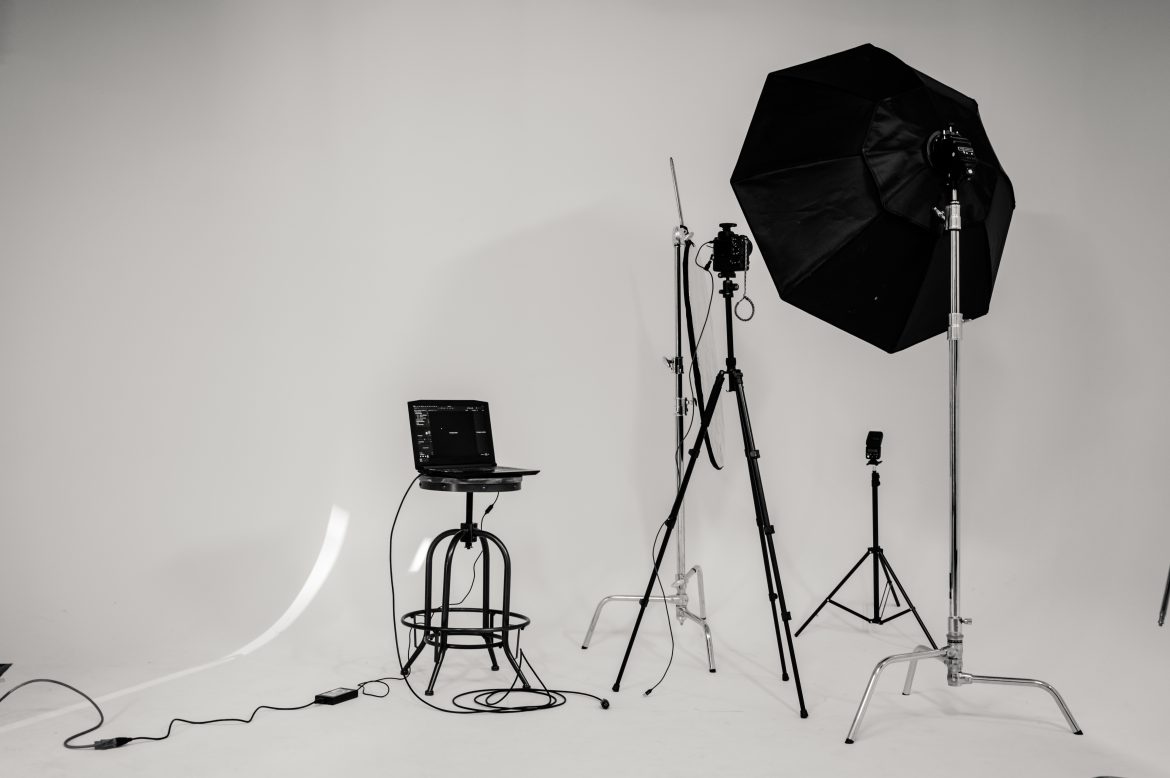Every few days, I am sent emails from graduates and would-be assistants whose desire to get into photography is a drive for them. I try to reply to all inquiries in a friendly and engaging way, although sometimes it can be tricky with every contact.
I get the occasional Instagram DM message but mainly emails, and I would say that I find this very flattering. To get so many messages of hope from all of the new photographers joining the market is fabulous. I honestly wish I could accommodate more assistants with a lot more frequency; however, I already have my perfect go-to assistant but would welcome a few more on occasion. If I ever need an assistant or looking for someone, it would be best to look at my Instagram and watch this blog as a notification.
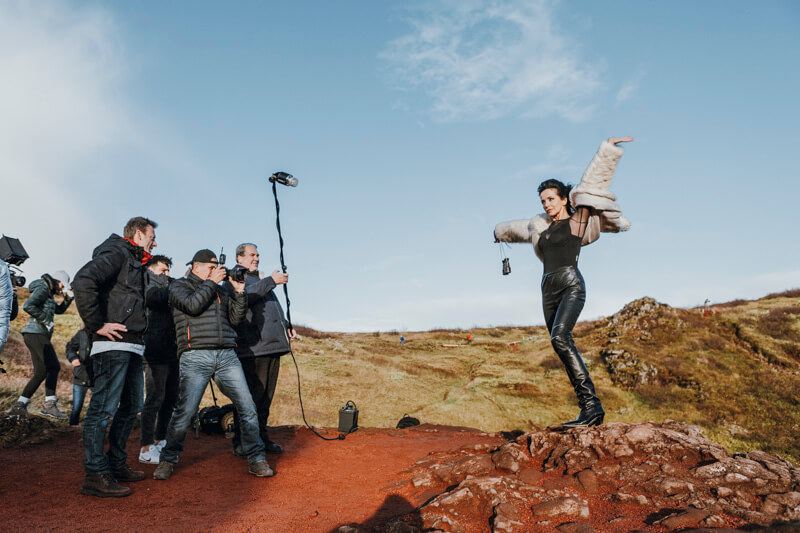
In this post, though, I thought it would be an excellent opportunity to enlighten the readers about what makes for a good or great assistant, not just in my eyes but for the many other photographers who are booking assistants. I could suggest a few pointers for assistants who want to start working with photographers. So if you’re looking to begin assisting, or you’re already assisting and want to know what photographers might be looking for, this information will be of help for you and represents my own requirements to help or assist me.
I get direct emails regularly, often every week, especially at the end of term two in year three. The requests are from graduates or assistants who wish to assist me and then tag on their CV when reaching out to me. It’s perfectly ok to ask like this, but for me, it’s so crucial that you suggest in your message exactly how you can help and assist the Photographer.
I get so many emails that say, “I really would love to assist you because I want to learn how to be a fashion photographer.” I have never heard from you, I don’t know you, and more importantly, you don’t follow me on social media. This is THE BEST way for me to notice you and potentially build up my contact list. Most of my bookings for assistants are from me noticing and having a conversation via DM on social media channels. Comment on posts and get yourself seen. This is my way of qualifying a potential assistant.
When I get an email that simply states that they would like to assist me out of the blue, it honestly feels to me, and of course, other photographers like you wish to drain my brain, taking advantage of your opportunity without putting in any real effort. Even though this is what you mean, I don’t necessarily need to hear this.
Assisting can be a fantastic place to learn skills for your own photographic career; I assisted many leading British Photographers and a few international ones, however, that shouldn’t really be the point. You, as an assistant, are there to make the life of the Photographer during the day so much easier. Having good experience is an asset. However, there are chances that you can get a placement for a week or so; therefore, if possible, you should come to any shoots with a reasonable amount of knowledge.
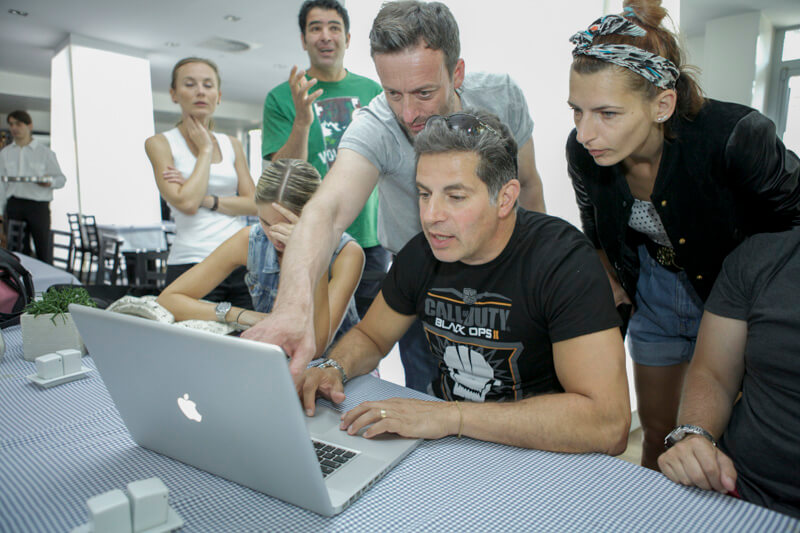
For an assistant, this means knowing how to set up lights, use light meters, change lenses on a camera, and the ethics for working on set with the Photographer and team. It’s really ok not to know everything about the job, and it’s also OK to ask the Photographer how they might want things done and his thoughts about lighting and the setup. If you’re going to assist and you don’t have these skills, it’s best to head over to YouTube and review some lighting and helpful videos to enlighten you and get better acquainted with what you will need. The right tools for the job! YouTube Here
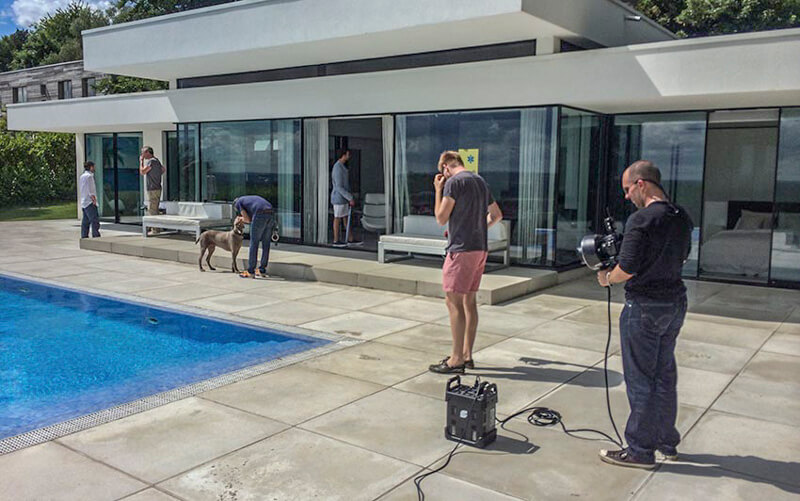
If you are new to assisting, don’t worry, as there are other opportunities to get on set? Here you can offer to be a second or third assistant on a set and maybe even offer to come to your first few shoots for free or cover expenses. As a second or third assistant, you could take direction from the first assistant and be an extra pair of hands. A chance to learn how the kit works, observe what the other crew members do, and get to grips with it all.
I want to add to this blog post this caveat. I know from experience that many people who wish to assist don’t want to do anything for free, and I understand this. No one should help for free, as this can set a precedent for working without pay. However, being prepared to get experience without pay sometimes is the only way to get your foot in the door. It can show willingness and commitment. This giving of free time should not be seen as a weakness but as a strength and allows you to exchange time in return for valuable knowledge which can take you onto your next assisting job for another photographer.
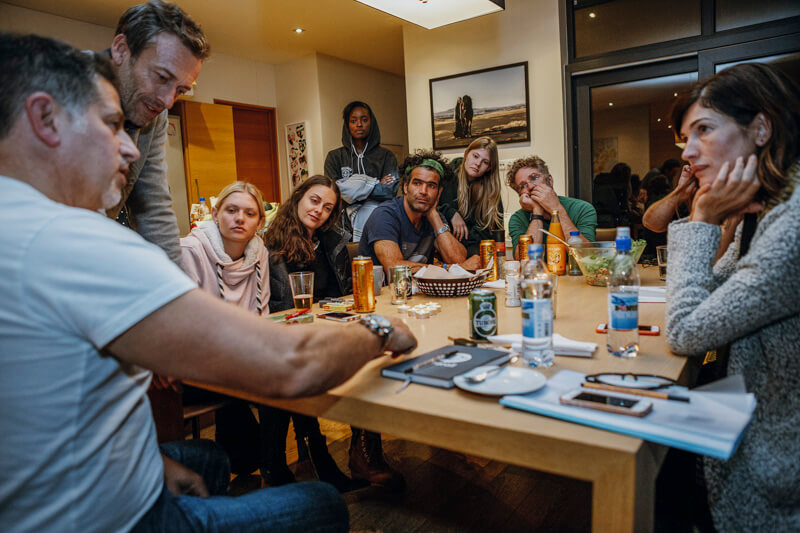
Sometimes photography assistants may be hired to help plan a shoot in advance, even before turning up on the day; therefore, before the shoot, it’s essential that you check whether there is anything you can do to aid the main Photographer in ensuring they have everything in place for the shoot.
If travelling far to the shoot, do they need to rent any gear, particularly lenses or lighting equipment?
Will a studio be required at all? Maybe space for hair and makeup needs to be organised? Are there locations that are yet to get decided on? Might you be able to help by scouting out and visiting potential spots?
As you work on more shoots, you’ll find that you build up a database of information such as good rental stores, studios and locations. However, it’s essential to do your research before suggesting them.
Always be On Time:
Obvious, you would think! But if you can arrive on set on time, that makes life so much easier for everyone if you can make it earlier even better. It gives you a chance to get familiar with the kit, location and crew and means that you can be ready to go and start setting up whilst everyone is getting prepared.
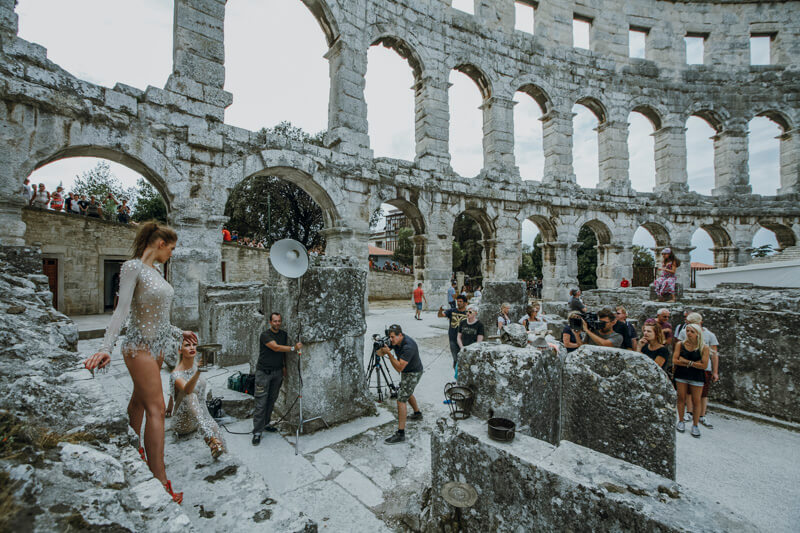
Be Friendly: Be a nice and a friendly person to be around, be engaging and helpful and be a pleasure to have you around. Do this, and you’ll get hired over and over again. Photographers want to be around happy people. I enjoy the company and helpfulness of my assistant and the fact that I can trust him not only the way he is but mainly because of the way he acts around my clients. I trust him to be professional and engaging as he becomes an extension of my brand. The client will get a better experience on the day if all of my team effectively represents my brand and me.
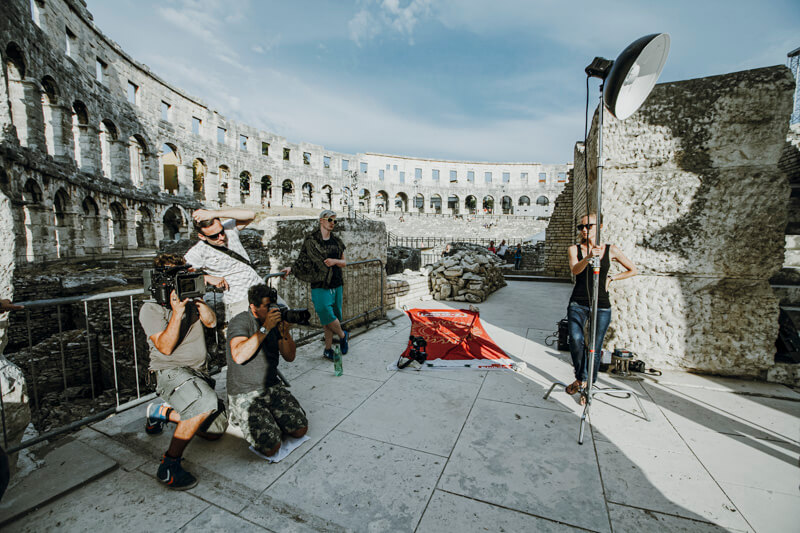
Let the Photographer introduce you to the clients and use their example to acclimatize to the situation. Remember that it’s not about you. You may well gain a lot from the experience, but your role is secondary to the photographers. A shoot is never about the Photographer, it’s about the client wanting a solution to their problem, and the Photographer is there to achieve this. Your priority should be to ensure that everyone gets along and works together.
Showing initiative: good assistants will only need a brief introduction to how the day works and is included in my own vision and the client’s expectations. However, an assistant is expected to work independently to the correct process. This means lighting, camera setups, lens choice, backgrounds. It might even mean the odd cup of tea or running down to the shops to get lunch for the crew on occasion.
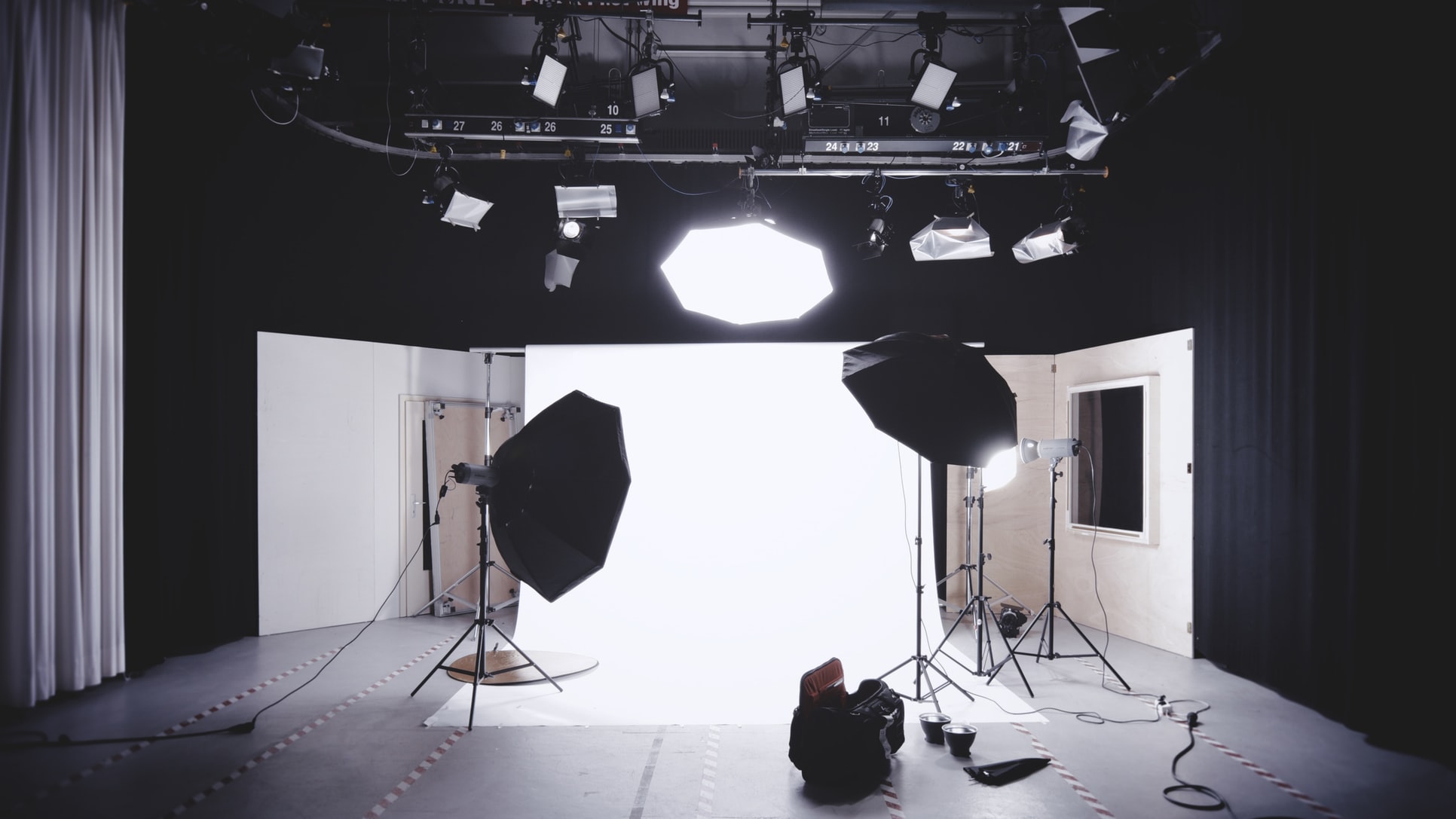
It’s important to note that not all photographers will expect you to do all of the work on set, and I personally get involved and help my assistants by giving direction and asking the correct questions, so they learn on the day. So, whenever on set, look around and ask yourself if there is something that you can be doing. How can you make things easier?
Study The Photographers’ Work: I think that most assistants will know the photographers’ work. It’s crucial to take a moment and study what they do, how their work looks. How do they like to light their images? What is their compositional approach? Is their lighting avantgarde or softer, or do they like a harsher look? Do they use styles of lighting such as Rembrandt or split lighting? If you can arrive on set with some decent knowledge of what the Photographer you’re working for will want/need, you’ll be very appreciated, and you will have a basic understanding about how they may be thinking of lighting the set.
This is a generic idea of how to be effective in assisting a photographer like me. The job entails so much more at a higher level but this will happen over time. Use this as a guide to help you think about what to do and when to dio it.

